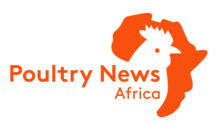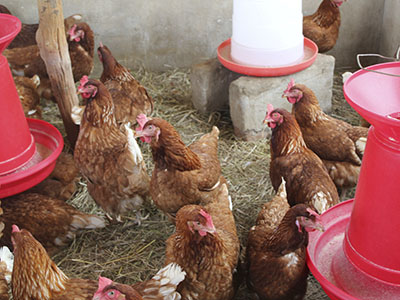Since 2022, the Presidential Poultry Programme has brought significant benefits to Mashonaland West Province, with nearly 200,000 chickens distributed across its seven districts. This ambitious initiative, spearheaded by President Emmerson Mnangagwa, aims to empower communities, particularly women and youths, by providing them with free-range and broiler chickens. The programme is a testament to the government’s commitment to fostering economic growth and addressing food security challenges in rural and marginalized areas.
Mrs. Medlinah Magwenzi, Director of Agriculture and Rural Development Advisory Service (ARDAS) in Mashonaland West, says the initiative has transformed many households. “As a province, we received almost 195,000 birds through the initiative, which were dispersed to all of our districts. “We received 71,999 birds for distribution last year,” she told The Herald. This influx of hens has helped communities achieve better economic stability while increasing food production capacity.
President Mnangagwa’s vision of “leaving no place or no one behind” is at the heart of the programme’s implementation. By targeting marginalized communities, the initiative ensures that those who often face socio-economic challenges are not left out of development plans. The distribution process, which prioritizes equitable access, reflects this inclusive approach. Many beneficiaries, particularly women and youths, have embraced the opportunity to start small poultry projects, which have not only improved their livelihoods but also contributed to local economies.
In its first year, the programme made a substantial impact, reaching at least 66,000 beneficiaries in Mashonaland West. By 2023, an additional 57,316 individuals received chickens under the scheme. This consistent distribution of resources has had a ripple effect on households, allowing them to generate income from poultry farming while simultaneously enhancing their nutritional standards.
The Presidential Poultry Programme also plays an important role in attaining the national goal of food security. The project comes at a time when many households struggle to obtain enough food supply due to a variety of economic and environmental concerns. The program offers a long-term source of protein and money for needy families by supplying hens that can produce both eggs and meat.
Beyond Mashonaland West, the programme’s impact is visible on a national level. To date, more than 3.5 million birds have been sent around the country. This widespread distribution demonstrates the government’s dedication to improving rural communities and encouraging self-sufficiency. By providing residents the means to engage in poultry farming, the initiative helps to the larger aims of poverty reduction and economic development.
The programme’s success in Mashonaland West demonstrates its ability to alter rural economies. Beneficiaries have expressed their appreciation for the opportunity to raise their living conditions through chicken farming. For many, the program has served as a lifeline, allowing them to support their families and invest in other income-generating enterprises.
As the government implements comparable initiatives, the Presidential Poultry Programme serves as a model for long-term rural development. The effort helps to overcome socioeconomic gaps by focusing on strengthening underprivileged communities and ensuring equitable resource distribution. With ongoing success, the plan is positioned to have a long-term influence on communities throughout Zimbabwe, ensuring that no one falls behind in the country’s quest for development.



